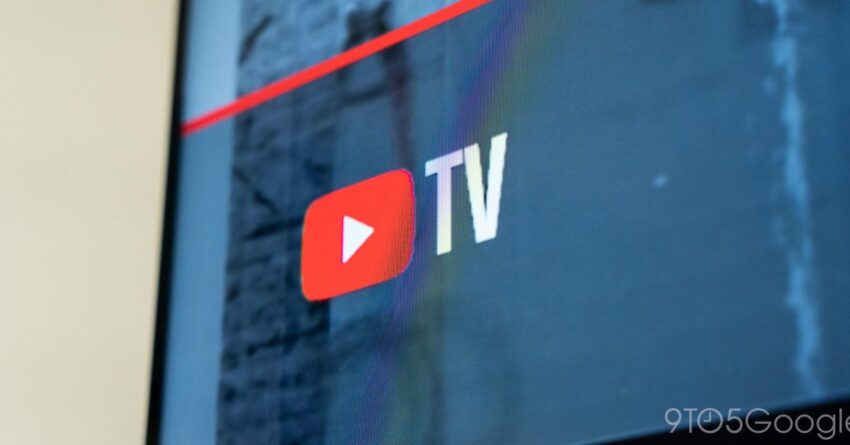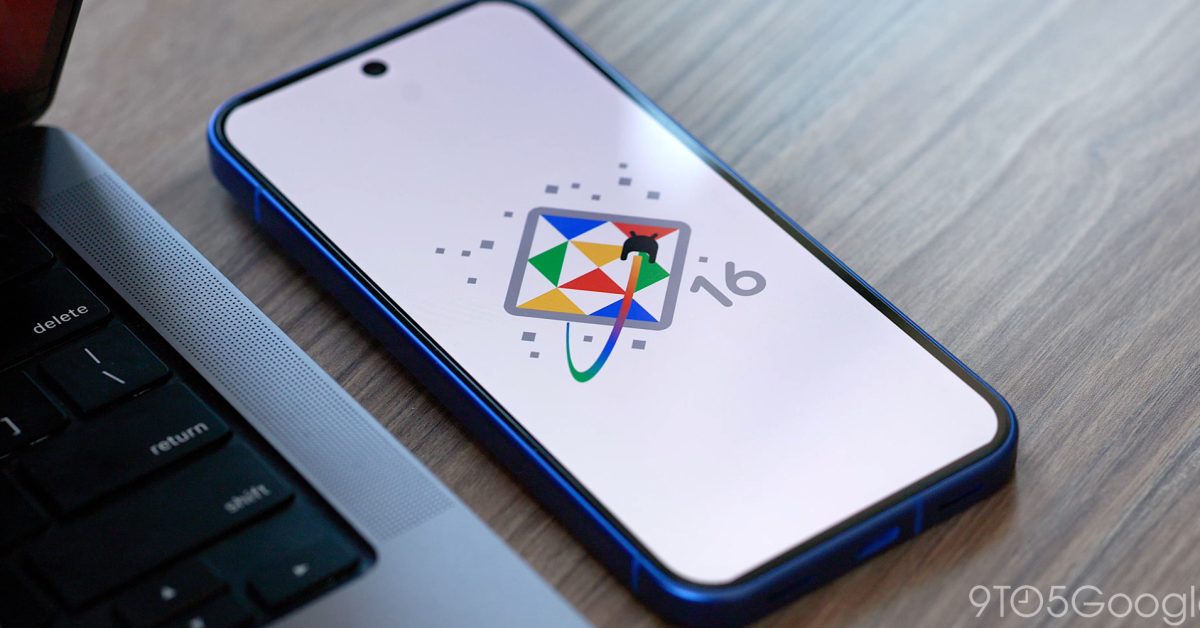
nbc says google wants to control what As negotiations between YouTube TV and NBC reach a critical juncture, tensions are escalating, with both parties expressing starkly different views on the future of their partnership.
nbc says google wants to control what
Background of the Negotiations
The current agreement between YouTube TV and NBC is set to expire imminently, which has prompted both sides to engage in intense negotiations. YouTube TV, a popular streaming service owned by Google, has been a significant player in the live television market, offering a range of channels, including NBC, to its subscribers. However, as the expiration date looms, concerns about the future availability of NBC’s channels on the platform have surfaced.
YouTube TV has taken a proactive approach by offering its subscribers a $10 credit if NBC channels go dark due to a failure to reach a new agreement. This move is aimed at mitigating subscriber dissatisfaction should the negotiations fail. The credit serves as a financial incentive for users to remain patient during this uncertain period, reflecting YouTube TV’s commitment to customer satisfaction.
Statements from NBC and Google
In a recent statement, NBC expressed its concerns regarding Google’s intentions, claiming that the tech giant “wants to control what we watch.” This assertion highlights a growing apprehension among traditional media companies about the increasing influence of tech companies in the media landscape. NBC’s statement suggests that they believe Google’s business model may prioritize its own interests over those of content providers and viewers alike.
On the other hand, Google has not publicly responded to NBC’s claims. However, the company has consistently emphasized its commitment to providing a diverse range of content to its users. The lack of a direct rebuttal from Google raises questions about the nature of the negotiations and whether there are underlying issues that have yet to be disclosed.
The Implications of a Failed Agreement
If the negotiations between YouTube TV and NBC do not result in a new agreement, the implications could be significant for both parties and their audiences. For YouTube TV, losing NBC’s channels would mean a substantial reduction in its content offerings, potentially driving subscribers to seek alternative services that include NBC programming. This could lead to a decline in subscriber numbers and revenue for YouTube TV, which has been striving to establish itself as a leading player in the competitive streaming market.
For NBC, the loss of distribution through YouTube TV could impact its viewership numbers and advertising revenue. As more viewers shift to streaming platforms, maintaining a presence on popular services like YouTube TV is crucial for NBC to reach its audience effectively. The potential loss of this distribution channel could hinder NBC’s ability to compete in an increasingly fragmented media landscape.
Stakeholder Reactions
The ongoing negotiations have drawn reactions from various stakeholders, including subscribers, industry analysts, and media experts. Many subscribers have expressed frustration over the uncertainty surrounding their access to NBC channels. Social media platforms have seen a surge in discussions about the potential fallout of the negotiations, with some users threatening to cancel their subscriptions if NBC channels are removed from YouTube TV.
Industry analysts have weighed in on the situation, noting that the conflict between traditional media companies and tech giants is not new. The rise of streaming services has disrupted the traditional television landscape, leading to power struggles as companies vie for control over content distribution. Analysts suggest that this negotiation is emblematic of a broader trend in the industry, where content providers are increasingly wary of the influence that tech companies wield over their distribution channels.
Potential Outcomes
As the expiration date of the current agreement approaches, several potential outcomes could arise from the negotiations:
- Successful Renewal: The most favorable outcome for both parties would be a successful renewal of the agreement. This would allow YouTube TV to continue offering NBC channels to its subscribers, ensuring that viewers have access to popular programming.
- Partial Agreement: Another possibility is a partial agreement, where some NBC channels remain available on YouTube TV while others are removed. This could lead to a mixed response from subscribers, depending on which channels are retained.
- Complete Breakdown: The least favorable outcome for both parties would be a complete breakdown in negotiations, resulting in NBC channels being removed from YouTube TV. This scenario would likely lead to subscriber dissatisfaction and could have long-term repercussions for both companies.
Context of the Streaming Wars
The current negotiations between YouTube TV and NBC occur within the broader context of the ongoing “streaming wars.” As more viewers turn to streaming services for their entertainment needs, traditional media companies are grappling with the challenges posed by tech giants like Google, Amazon, and Apple. These companies have the resources and technological infrastructure to disrupt the traditional media landscape, leading to a power shift that has left many content providers feeling vulnerable.
In recent years, we have seen a proliferation of streaming services, each vying for viewer attention and subscription revenue. This competition has intensified the need for content providers to secure favorable distribution agreements with platforms like YouTube TV. As a result, negotiations between these parties have become increasingly contentious, with both sides seeking to protect their interests in a rapidly evolving market.
Future Considerations
Looking ahead, the outcome of the negotiations between YouTube TV and NBC will likely have lasting implications for both companies and the media landscape as a whole. If a new agreement is reached, it could set a precedent for future negotiations between content providers and streaming platforms. Conversely, a failure to reach an agreement could embolden other media companies to reconsider their partnerships with tech giants, potentially leading to a wave of renegotiations across the industry.
Moreover, the situation underscores the importance of transparency in negotiations between content providers and streaming platforms. As viewers become more aware of the complexities involved in securing access to their favorite channels, they may demand greater accountability from both parties. This could lead to increased scrutiny of the terms of agreements and a push for more equitable arrangements that prioritize viewer access to content.
Conclusion
The negotiations between YouTube TV and NBC represent a critical moment in the ongoing evolution of the media landscape. As both parties navigate the complexities of their partnership, the stakes are high for subscribers, content providers, and streaming platforms alike. The outcome of these negotiations will not only determine the future of NBC’s channels on YouTube TV but may also influence the broader dynamics of the streaming wars. As viewers await the resolution of this dispute, the implications for the industry remain profound and far-reaching.
Source: Original report
Was this helpful?
Last Modified: September 30, 2025 at 12:00 am
1 views















